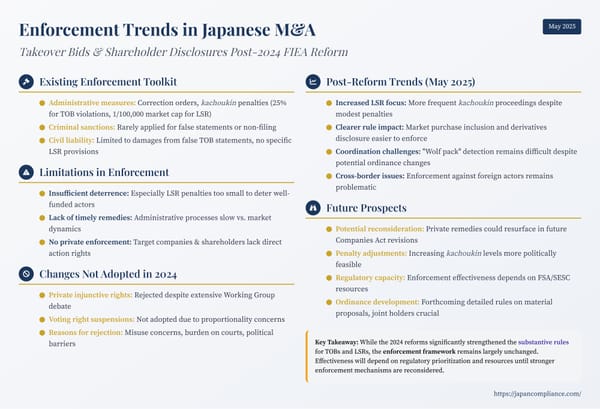TL;DR: Online defamation is the newest frontier of customer harassment (Kasuhara) in Japan. Victims and employers can sue, request takedowns, and seek sender disclosure, but the process is slow, costly, and emotionally taxing. Proactive monitoring, clear policies, and staff support are now core compliance duties.
Table of Contents
1.
